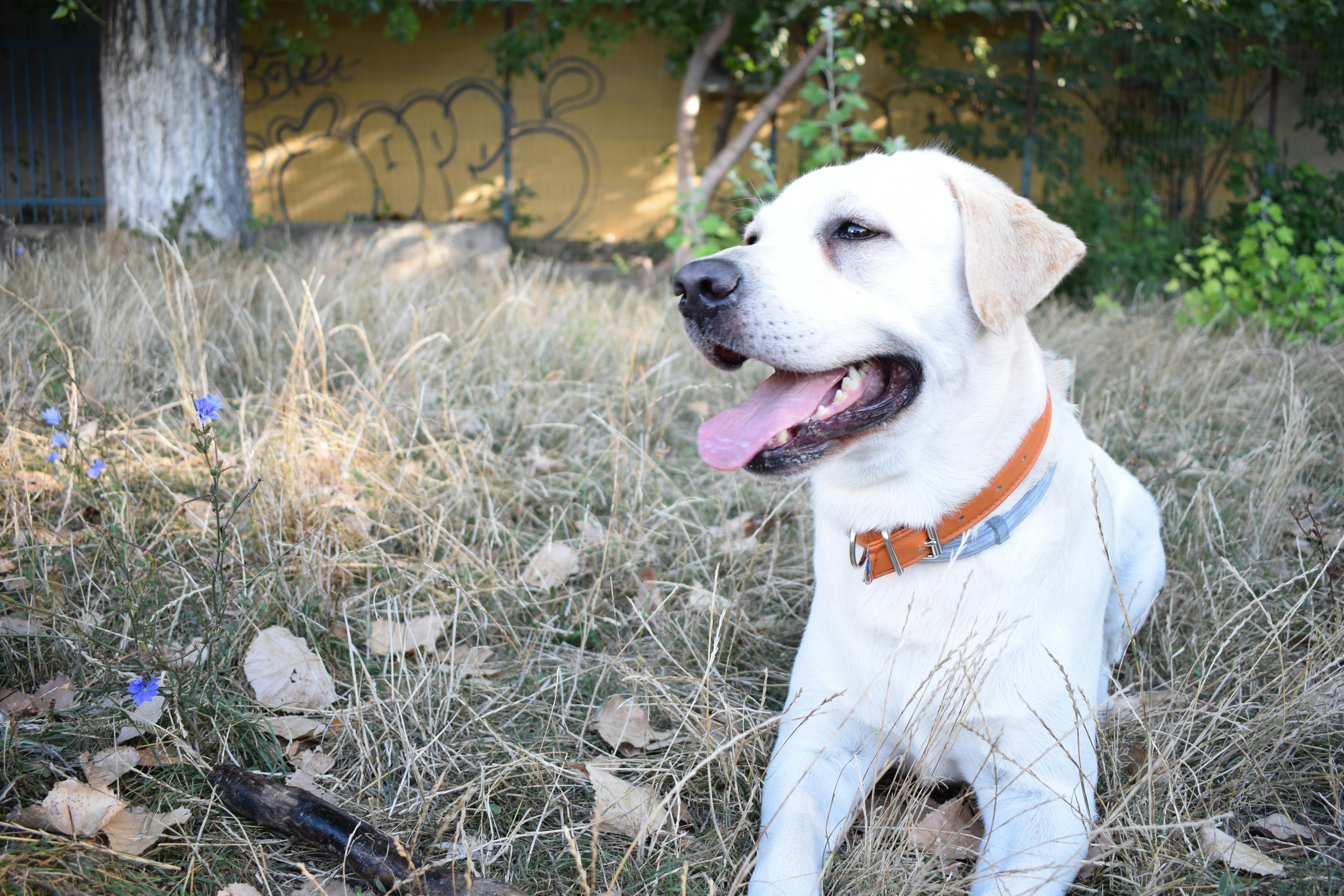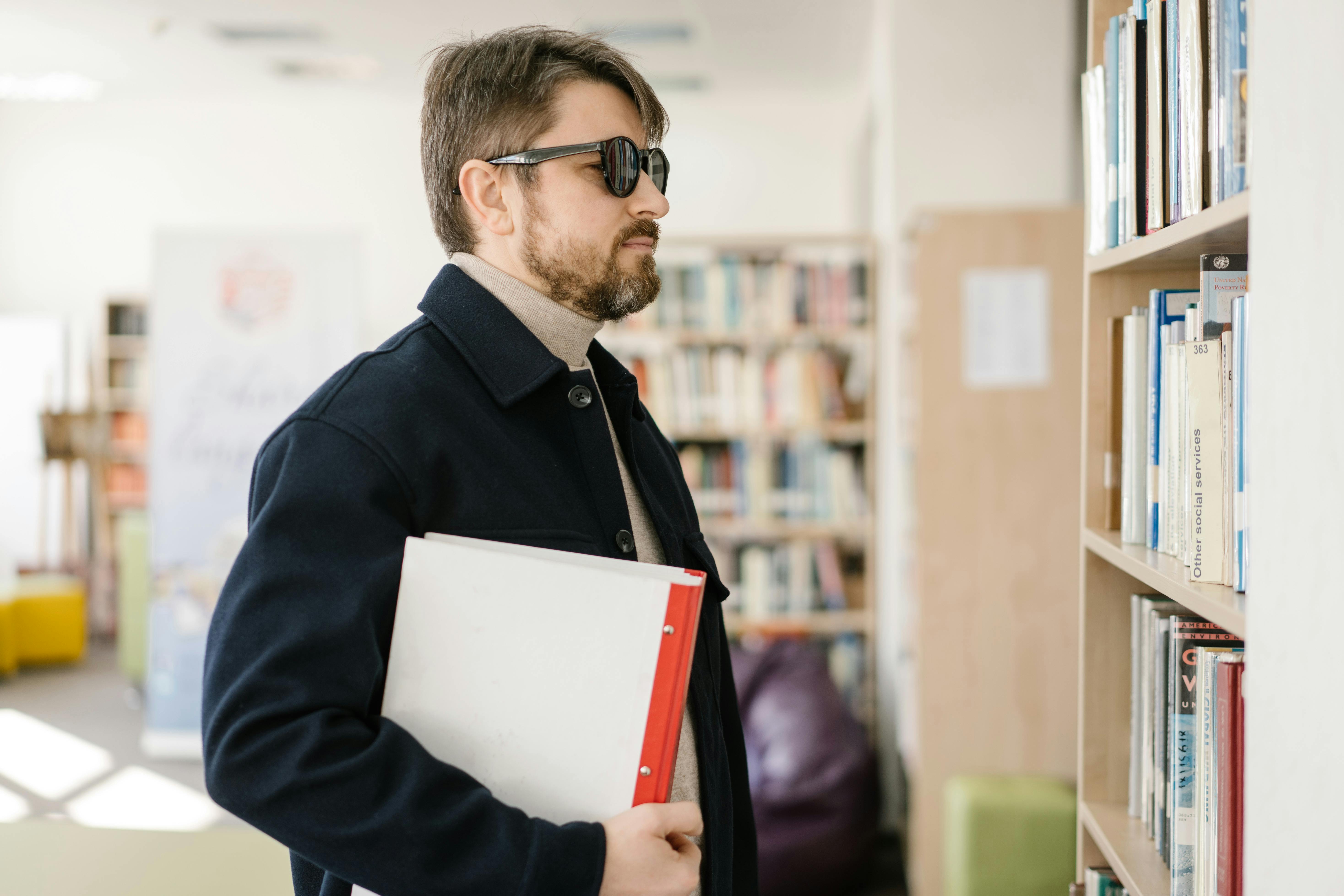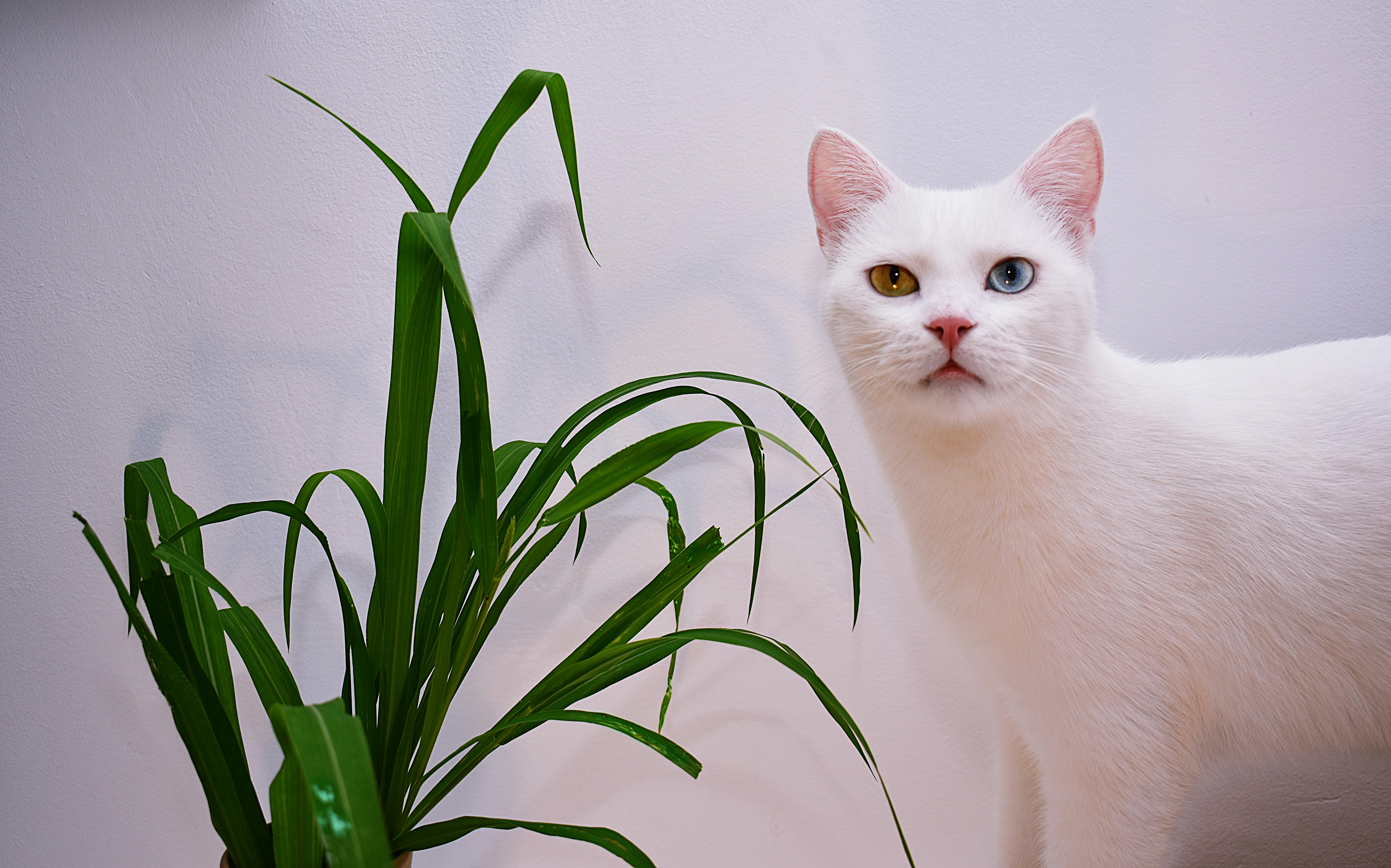
Stop Puppy Biting – Correcting Dog Biting Behavior
I know…it wasn’t that long ago that you got your pup. At first he liked that I nibbled his ears and it tickled him. But now, even though he’s still a pup, the little bites have turned into painful bites. The fact is, if your puppy is less than 16 weeks old, he may be nibbling or biting a lot frequently as smaller puppies are biting their mouths. Actually, there are many reasons why your puppy bites frequently. However, you must prevent the puppy from biting.
If he is biting or biting and wants to stop biting, think about these questions: Maybe he is thirsty or hungry? Do you need to go to number two? Could I be sleepy? Are you interested in playing? Think about it, puppies will tend to bite when they feel in need. It’s basically the same as when a baby cries. They usually want something.
There are several ways that can help you control or prevent mouthing and biting. Don’t reward their nibbles or nibbles though. You may be in need of something you want, but don’t reward this bad behavior with the need you want. Then you will be rewarded for bad behavior. First you need to get him to stop biting or biting. Take a look at some of the ways below that will help you do it:
1. You may want to isolate him in some way when putting him in his cage. If he is teething, you can give him a chew toy made for teething while he is in his cage.
2. Pay no attention to your puppy when it bites. Just keep your hands still and without removing them quickly. Just stop playing with the puppy.
3. If your puppy starts to bite down hard, turn quickly to face him and make some kind of noise or just say “no.” Remember to be consistent with your orders.
4. When you find the puppy biting your hand and/or fingers, immediately place your thumb just below its tongue in its mouth to grasp its lower jaw. With your thumb in place and your fingers on the lower outside of your jaw, slowly squeeze. The puppy will not like your thumb in his mouth. It won’t hurt, but it will be a bit uncomfortable. Doing this consistently will help him associate biting with getting that uncomfortable sensation of your thumb touching the inside of his lower jaw.
If your pup is over 16 weeks old and is still chewing or biting, you’ll need to get rid of it as soon as possible. This bad behavior can lead to worse behavior as she gets older. To help prevent this biting and biting behavior, you can do a few things to prevent it.
1. Put an end to those challenge games. They will include chasing, tug of war, taunting, and wrestling, to name a few. These games often encourage the dog to play rough and bite hard. If you want to continue these games, make sure your dog knows the difference between his body and the toy he is playing with.
2. Any time your puppy or dog nibbles or bites, even as a small puppy, discourage this behavior. Let him know that biting or picking at his skin is unwanted.
3. Get a few items that you can use to get their attention, like a squirt gun, squirt bottle, or mouth spray. Do not look directly at your pup while spraying him, as he may associate the spray with you standing in front of him and looking at him.
4. During times of training and even play, leave the leash on your pup so that when he bites or bites, you can immediately correct it by giving the side of his neck a slight tug.
5. If your puppy continues to bite or nip, check his actions by asking questions such as: Am I being convincing enough (do I use a firm tone of voice or wait for action)? Am I breaking the leash or pulling on it (pulling encourages active play)? And are you taking me seriously? You have to command your pup’s respect if you want to see results. That means effectively being the leader of your pup’s pack.

